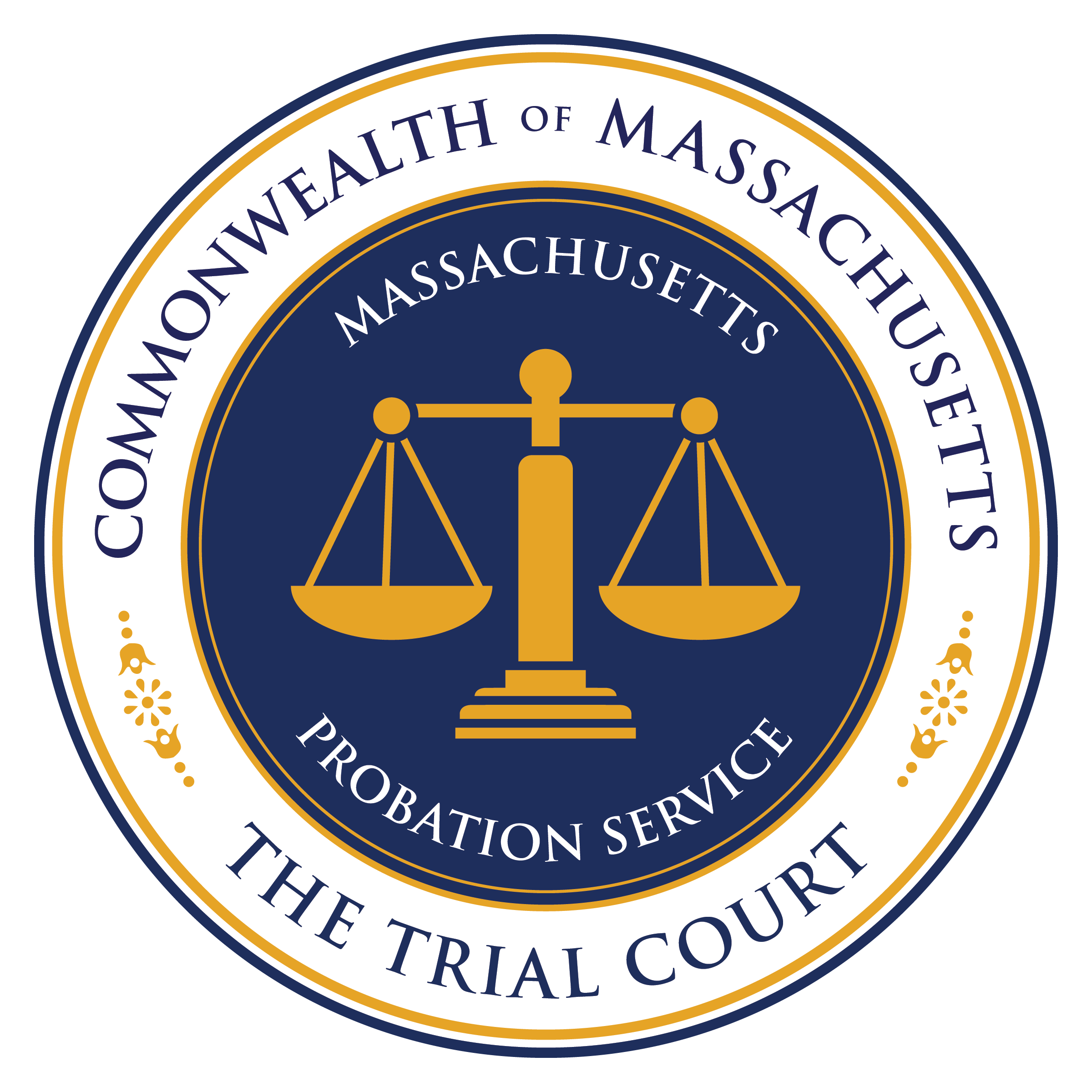- Executive Office of the Trial Court
- Massachusetts Court System
- Juvenile Court
- Massachusetts Probation Service
Media Contact
Jennifer Donahue and Erika Gully-Santiago
BOSTON, MA — Trial Court Chief Justice Jeffrey Locke and Trial Court Administrator John Bello today announced that the Trial Court recently received two federal grants totaling $2.6 million from the U.S. Department of Justice (DOJ) to support family treatment courts and the court’s efforts to reduce rates of recidivism among high-risk probationers.
“We are grateful that the Department of Justice recognizes the Trial Court’s commitment to providing support services to community members in need,” said Chief Justice Locke and Court Administrator Bello. “These grant funds will help us develop foundational programs that we hope will serve as models to improve permanency outcomes for children, parents, and families, and reduce recidivism for young high-risk individuals involved in the criminal justice system.”
Family Treatment Court Program
The Juvenile Court received a $1.5 million three-year grant from the Office of Juvenile Justice and Delinquency Prevention within the Office of Justice Programs to implement the Prevention and Treatment for the Health and Stability of Children and Families (PATHS) Project.
“This is an opportunity to positively impact our communities and to change the trajectory for children and families,” said Juvenile Court Chief Justice Amy Nechtem. “Through PATHS, we will better serve children and families affected by substance use disorder, behavioral and mental health challenges, and other factors affecting safety, stability, and permanency. This prevention and intervention model is an essential practice intended to serve our children and families, meeting them where they are, before crisis occurs.”
The PATHS Project will support the development of sustainable, judiciary-led, cross-system solutions that improve safety, permanency, and well-being for children, parents, and families impacted by substance use disorder. The Trial Court will use the grant to conduct a county-based, statewide needs assessment through a newly developed and cutting-edge child welfare mapping tool. This award will also fund the integration of Family Treatment Court best practices in all child welfare cases in Juvenile Court, and the expansion of Family Treatment Court sessions throughout the state.
Partners on this project include the Massachusetts Department of Children and Families, Bureau of Substance Addiction Services, Court Improvement Program, Department of Mental Health, Massachusetts Probation Service, National Center for State Courts, and Casey Family Programs.
Priority considerations in this application include high-poverty areas, Qualified Opportunity Zones, communities with higher percentages of people of color, and rural regions.
High-Risk Probationer Recidivism Reduction Project
The Trial Court was awarded $1.1 million from the Office of Justice Programs’ Bureau of Justice Assistance to support its High-Risk Probationer Recidivism Reduction Project.
“This grant will allow us to expand our work with high-risk young offenders through a partnership with Roca, Inc., using their effective intervention model,” said Massachusetts Probation Commissioner Ed Dolan. “Through this partnership, our goal is to address the underlying mental and behavioral health needs of high-risk young offenders over a four-year period to change the direction of their lives and reduce recidivism.”
The Massachusetts Probation Service will use the four-and-a-half-year federal grant to expand its work with the Commonwealth’s highest-risk young offenders, helping them to achieve long-term sustained behavior change and reduce rates of recidivism. The Trial Court issued a statewide procurement for a nonprofit direct service provider to participate in this project and ultimately selected Roca, Inc., headquartered in Chelsea.
Through this project, Roca will engage 180 high-risk young people in Suffolk and Hampden Counties using its proven Intervention Model. These young people will be enrolled in a four-year, cognitive behavioral therapy-based intervention focused on creating a safe space for young people, addressing their trauma, and helping them develop and practice the skills they need for long-term behavior change
###

